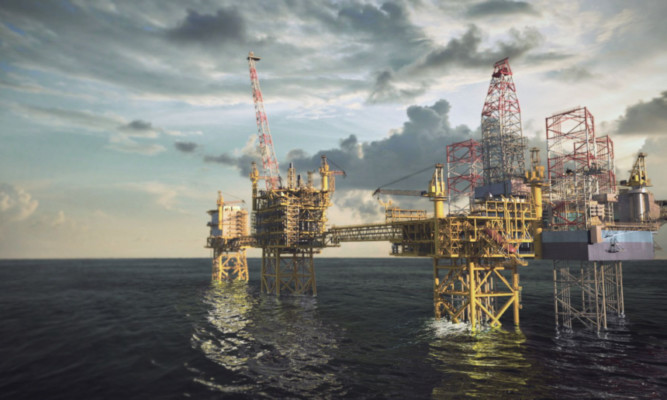Maersk Oil is investing $4.5 billion (£3bn) in its high pressure, high temperature Culzean field in the UK Central North Sea.
The Danish company’s move secures Culzean’s future through 2032, supports 6,000 UK jobs and creates more than 400 direct jobs.
It is expected to come on stream in 2019, reaching peak production a year later, when it will produce enough gas to meet 5% of the total UK demand.
The UK Oil and Gas Authority sanctioned the development, which is the largest field discovery in the UK North Sea for a decade.
Maersk chief executive Jakob Thomasen said: “Culzean is an important development for the UK and also for Maersk Oil and our co-venturers.”
The field would support UK economic growth and extend understanding of High Pressure High Temperature (HPHT) development, he added.
Maersk is committed to the future of the North Sea region, he said, and has made a number of large investments in Denmark, Norway and the UK.
The development is a direct result of the new HPHT Cluster Area Allowance announced by the UK Government as part of this year’s budget.
Plateau production is expected to be between 60,000 and 90,000 barrels of oil per day from the gas condensate field estimated to have the equivalent of 300 million barrels of oil.
Chancellor George Osborne said during a visit to Aberdeen the announcement sends a clear signal that the North Sea is open for business.
“Already the UK’s oil and gas industry supports hundreds of thousands of jobs across the country and this investment comes on the back of massive government support for the sector,” he added.
Scottish Energy Minister Fergus Ewing welcomed the investment but called on the Chancellor to consult on measures which support exploration following a commitment made by the UK Government last year.
Andy Samuel, chief executive of the Oil & Gas Authority, said the investment was excellent news during a period when the decline in global oil prices had created difficult operating conditions.
Last week Maersk confirmed it would shut down its North Sea Janice installation, putting more than 200 jobs at risk.
